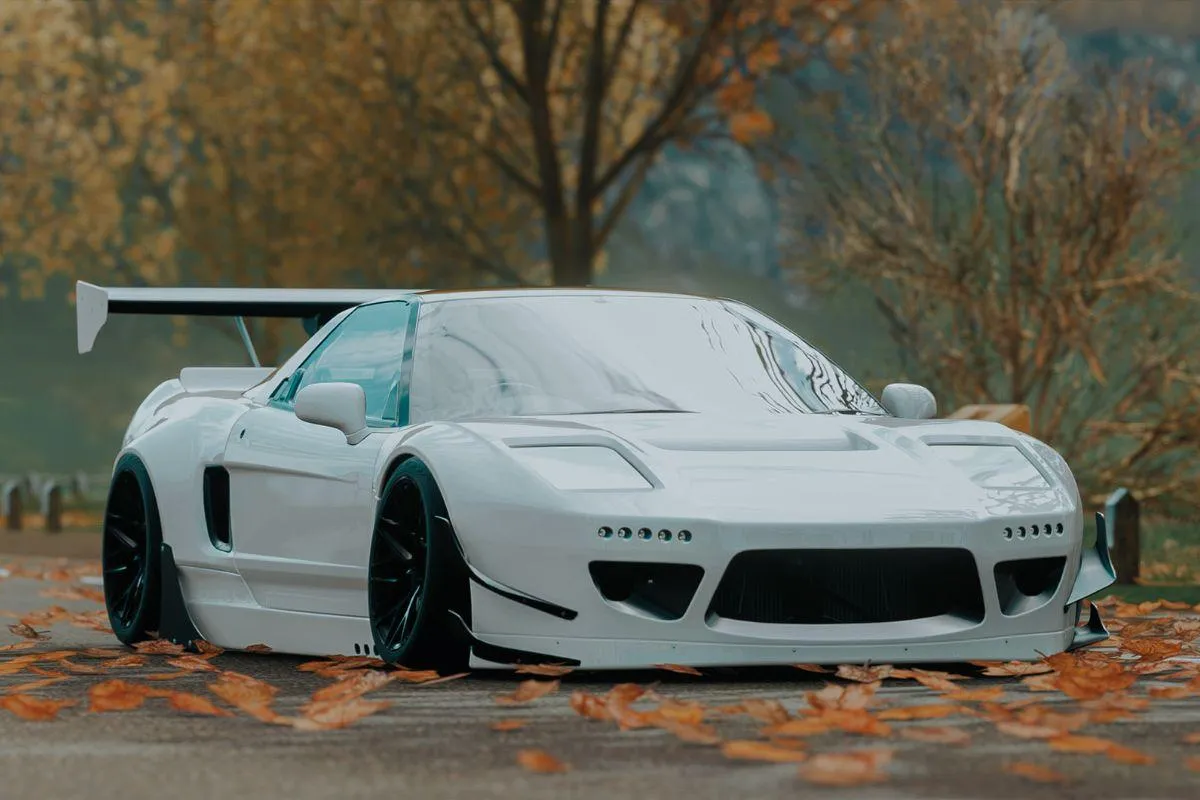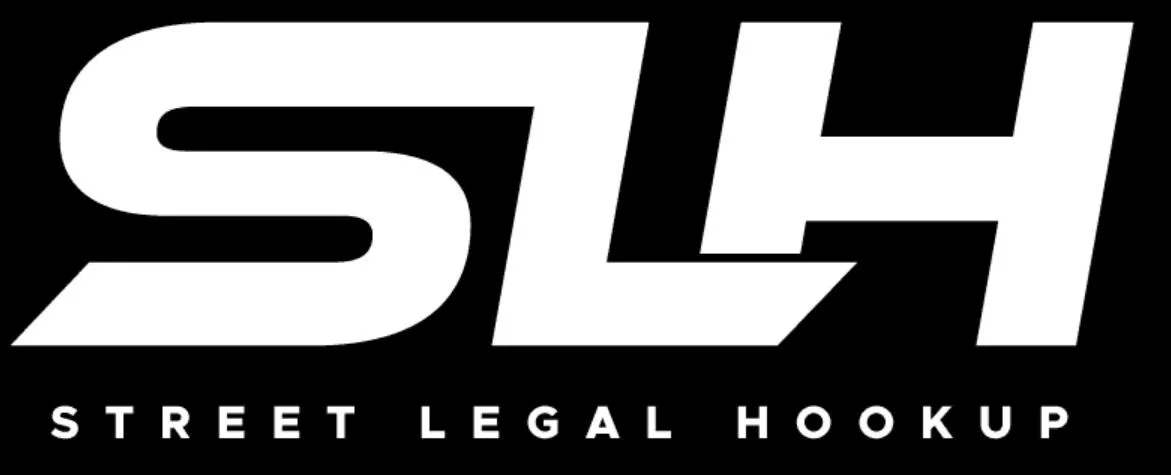
How to Register Your Highly Modified Cars Out of State?
Customizing a car like adding a turbo to a Honda Civic or lifting a Jeep Wrangler brings real excitement. But registering that vehicle can become an expensive mess. In states like California taxes on a $50,000 modified car can reach $5,000. Strict inspections often turn down custom parts and slow your road legal status.
Car modification laws differ a lot across the U.S. and create a puzzle of rules for fans. Some states call for smog checks or lots of papers. Others make it easy with fewer demands.
This guide shows how to handle these problems and register your highly modified car out of state. You will save time, money and stress.
What Are Car Modification Laws?
Car modification laws are state rules on changes to a vehicle engine exhaust suspension lighting or body that go beyond factory setup. These affect registration by forcing safety emissions and tax rules.
They often need costly checks or part swaps. California calls for smog tests that reject custom cars. Montana skips these and makes it simple, saving thousands.
Customizing your car whether a Ford Focus with cold air intake or Jeep Cherokee XJ with lift kit shows your love. But laws say what changes work and how they hit registration. These laws cover:
Engine modifications: Turbochargers engine swaps like LS in Jeeps or nitrous systems are often limited for emissions.
Exhaust systems: Loud mufflers or catalytic converter removals capped by noise rules like 95 decibel limits in New Jersey.
Suspension and frame: Lift kits or lowered setups under bumper height rules in states like Texas.
Lighting and tinting: Aftermarket headlights or dark window tints banned in places like New York for safety.
Emissions modifications: Cold air intakes or diesel rolling coal setups ruled by California Air Resources Board or CARB.
Each state handles it differently. California needs CARB okay parts costing $200 to $1,000 and delaying plates. A modified VW Golf with bad intake might fail smog and need pricey fixes. Montana treats modified cars like regular ones with no checks. This cuts costs and speeds things.
Beyond plates non compliant mods can bring fines or fix it tickets. In California a ticket for illegal under glow lights needs proof of fix to skip $100 to $500 fine. A client Sarah fought with her lifted Jeep Cherokee. California DMV wanted checks for every mod.
I spent weeks fixing it. Knowing these laws lets you plan and skip penalties especially for highly modified car plates. For example noise breaks for loud exhausts can cost up to $1,000 in states like Massachusetts. Tinted windows over limits like 35 percent light in New York might need costly removal.
Why Are Highly Modified Cars Hard to Register?
Highly modified cars are tough to register because they often fail state safety emissions or equipment standards. This leads to costly checks, part swaps or turn downs. Strict states like California add 7 to 10 percent sales taxes and smog checks piling on thousands. Montana no inspection setup eases it saving time and cash.
Your custom ride perhaps a tuned BMW 3 Series or kit car might get DMV no due to:
Safety inspections: Texas rejects non standard parts like big tires on Jeep Wrangler needing $500 to $1,500 for bumper height fixes.
Emissions testing: California and New York call for smog checks that K series swaps in Honda Civics often fail costing $500 to $2,000 for okay parts.
High taxes: States tax on vehicle worth. A $60,000 custom Dodge Charger faces $6,000 in California taxes.
Paperwork mess: Custom builds need extra docs like California Form REG 5036 delaying by weeks.
VIN challenges: Kit cars may need new VIN setups adding steps in states like Texas TX Transportation Code Chapter 547.
These blocks can upset even big fans. A client Michael had trouble with his tuned Ford Focus in New York. The DMV rejected my turbo mod for emissions. I was stuck. Strict states force detailed rules often needing receipts for aftermarket parts or proof of okay. For example California CARB calls for emissions compliant exhausts which can cost $1,000 to swap if bad. Montana registers modified cars without issue.
Other challenges include state equipment rules. In Pennsylvania lift kits over certain heights break headlight alignment standards needing adjustments costing $300 to $1,000. In Illinois aftermarket lighting like blue headlights can lead to fines up to $250.
How Do State DMVs View Modified Cars?
State DMVs look at modified cars based on safety and emissions rules. Strict states like California require smog checks and extensive documentation, often rejecting heavily modified vehicles. More lenient states like Montana register vehicles with fewer requirements, making the process smoother.
Car modification laws make a mixed field for DMVs. Strict states have tough standards and lenient ones give flex. Here is a detailed look:
Strict states:
California: Needs CARB okay parts smog checks and Form REG 5036 for custom builds CA Vehicle Code Division 12. A $50,000 modified Honda Civic hits $5,000 taxes and $300 checks. Bad parts like cold air intake cost $500 to $1,000 to swap.
New York: Enforces lighting tint and emissions rules NY Vehicle and Traffic Code Section 375. A BMW 3 Series with aftermarket taillights risks rejection or $200 fines.
Texas: Calls for safety checks and rebuilt vehicle statements TX Transportation Code Chapter 547 delaying kit car plates.
New Jersey: Caps exhaust noise at 95 decibels flagging loud mufflers with $100 to $500 fines.
Illinois: Needs emissions tests for newer vehicles rejecting diesel rolling coal mods costing $200 to $1,000 to fix.
Lenient states:
Montana: No emissions or safety checks, a simple flat-fee registration process under MCA Title 61 Ch. 9. A custom Jeep Wrangler registers like a stock sedan.
South Dakota: No smog checks minimal equipment rules but 4 percent tax applies SD Codified Laws Chapter 32 15.
Wyoming: Relaxed standards though basic equipment checks may apply WY Statutes Title 31 Ch. 5.
Mississippi: Minimal rules but some safety checks may need for lighting or tires.
For example a modified VW Golf with turbo might take weeks to register in California due to smog and papers costing $2,000 in taxes and fees. In Montana the same car registers in days for $150 to $200 with no checks. Other lenient states like Idaho may need basic equipment checks but Montana hands off way stands out. For best spots, our best states to register RV list ties in for similar vehicles.
Additional state rules add layers. In Massachusetts tinted windows must let at least 35 percent light violations cost $250 to fix. Oregon vehicle code Chapter 815 limits aftermarket exhausts to stop too much noise with fines up to $500. These changes noted in state statutes show why pick a friendly state for modified cars.
Can You Register a Modified Car Out of State?
Yes, you can legally register a modified car out of state with a Montana LLC. It creates a business entity to own the vehicle while following federal and state laws. This approach streamlines the registration process and avoids inspections and emissions tests, saving $5,000 to $15,000 on car mod laws.
Out of state registration is a legal plan for modified car owners. A Montana LLC sets a business that owns your vehicle letting registration in Montana no matter where you live. Here is why it works:
Legality: Federal and state laws see LLC owned vehicles making Montana plates good nationwide MCA Title 61. No residency needed.
Montana registration benefits: Flat-fee, and streamlined vehicle registration process, saves $5,110 to $7,000 on a $70,000 car vs California 7 to 10 percent or Texas 6.25 percent.
No inspections: Montana skips emissions and safety checks okaying car tuning like engine swaps or lift kits.
Permanent plates: Plates no need yearly renewals unlike states charging $100 to $300 yearly.
Simple papers: LLC handles title shift and registration cutting mess.
A client Emily registered her custom BMW 3 Series in Montana. My state wanted $4,000 taxes and a smog check I could not pass. Montana was quick and cheap. This way fits cars, trucks , RVs or kit vehicles.
For example a modified Dodge Charger with supercharger might face $1,500 in emissions fixes in California but Montana registers without problem. The LLC setup also helps businesses with multiple vehicles giving flex for dealers or collectors.
How Does Montana LLC Registration Work?
Montana LLC registration means making a business to own your modified car registering it in Montana to simplify inspections and emissions requirements. The process takes about 3 business days, needs little papers and provides permanent plates under Montana’s streamlined vehicle registration laws.
Registering a modified car through a Montana LLC is easy and dodges DMV blocks. Here is how:
Form a Montana LLC: File papers with Montana Secretary of State can be nameless for privacy. This costs $70 to $150 and takes 1 to 2 days MCA Title 35.
Shift vehicle ownership: Give your car title to the LLC needing sale bill or current title. This takes about a day.
Send registration forms: Give LLC and vehicle info to Montana DMV which skips inspections and emissions tests.
Pay registration fees: Fees $100 to $200 based on vehicle type.
Get permanent plates: Plates come in about 3 business days with no yearly renewals.
Set mail forward: Use Montana address for vehicle docs keeping legal.
Montana lenient rules MCA Title 61 Ch. 9 take mods like turbochargers or lift kits without regard. A client with a modified Dodge Charger saved $6,000 in California taxes and registered in days.
Businesses can register many vehicles under one LLC making it smooth. If your car has no title, title recovery can help as in FAQs. For tax perks, our classic car tax savings Montana guide shows more you can save.

What Modifications Cause Registration Issues?
Modifications like engine swaps, loud exhausts, lift kits, tinted windows and emissions skips cause registration problems due to strict safety noise or emissions laws. California rejects non CARB parts while Montana no inspection policy eases it for these car tuning modifications.
Certain modifications draw DMV eyes in strict states. Here are top problems:
Engine swaps: K series in Honda Civics or LS in Jeep Wranglers fail emissions in California costing $500 to $2,000 to fix.
Exhaust modifications: Systems over 95 decibels like catalytic converter removals break New Jersey noise laws with $100 to $500 fines.
Lift kits: 12 inch lifts on Jeep Cherokees break Texas bumper height rules needing $500 to $1,500 in changes.
Lighting and tinting: Blue headlights or dark tints illegal in New York leading to $100 to $500 fines NY Vehicle and Traffic Code Section 375.
Emissions bypasses: Cold air intakes or rolling coal mods fail California smog checks costing $200 to $1,000 to okay.
Montana's lack of inspections lets these mods go without. A client with a tuned VW Golf said My exhaust and intake failed in my state but Montana registered it easily. Strict states like Pennsylvania may need headlight alignment fixes $300 to $1,000 while Montana simple process skips these costs.
Kit cars face an extra VIN look in Texas but Montana treats them like standard vehicles speeding plates. For dirt bikes, our make dirt bike street legal California guide ties in similar mod challenges.
How Much Can You Save with Out-of-State Registration?

Montana LLC registration saves $5,000 to $15,000 by flat fee, simplifying inspections, paperwork, and yearly renewals. A $50,000 modified car skips $5,000 in California taxes and $200 to $500 in inspections.
Out of state registration through a Montana LLC cuts costs a lot. Here is the split:
Sales tax savings: Montana flat-fee registration saves $5,110 to $7,000 on a $70,000 Jeep Wrangler vs California 7 to 10 percent or Texas 6.25 percent.
Inspection costs: Strict states charge $200 to $500 for smog and safety plus $500 to $2,000 for repairs. Montana skips.
Renewal fees: Montana permanent plates cut $100 to $300 yearly fees in states like Illinois.
Time efficiency: Montana does plates in about 3 days skipping weeks of DMV.
A $60,000 modified Dodge Charger in California costs $6,000 taxes and $300 inspections. In Montana total fees are $150 to $200 saving $6,100 to $6,500.
FAQs About Registering Modified Cars Out of State
What is the best state to register a modified car?
Montana is top due to simple vehicle registration, streamlined inspections, and permanent plates saving $5,000 to $15,000 vs California taxes and smog.
Is it legal to have your car registered in another state?
Yes a Montana LLC owns the vehicle legally MCA Title 61. Montana plates are good nationwide.
Can I register my car in Montana if I don’t live there?
Yes Montana lets non residents register via LLC no residency needed. Emily said My BMW 3 Series registered in days!
Is modifying your car illegal?
Modifying your car is legal but illegal modifications to cars like loud exhausts or non CARB parts break strict state laws causing fines or nos. Montana takes most mods.
Did Trump make car mods legal?
No car modification laws are state specific unchanged by Trump. California keeps strict emissions, Montana eases plates.
Simplifying Modified Car Registration
Registering a modified car can be hard but Street Legal Hookup makes it simple. Our online platform guides you through Montana LLC registration handling papers and legal. The expert team ensures every step meets rules and our 100 percent money back promise cuts risk.



